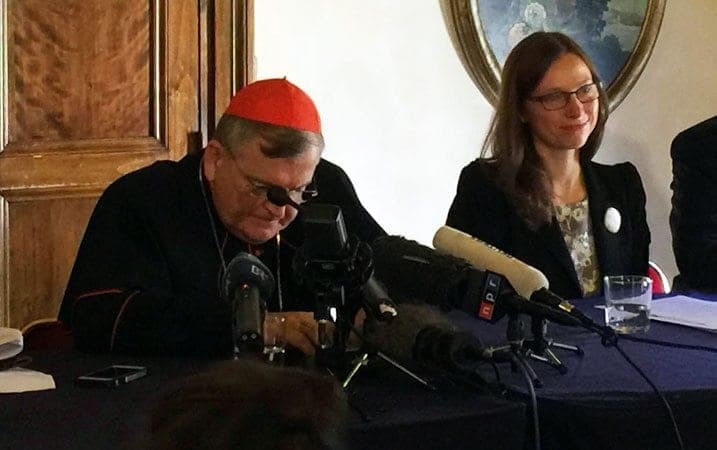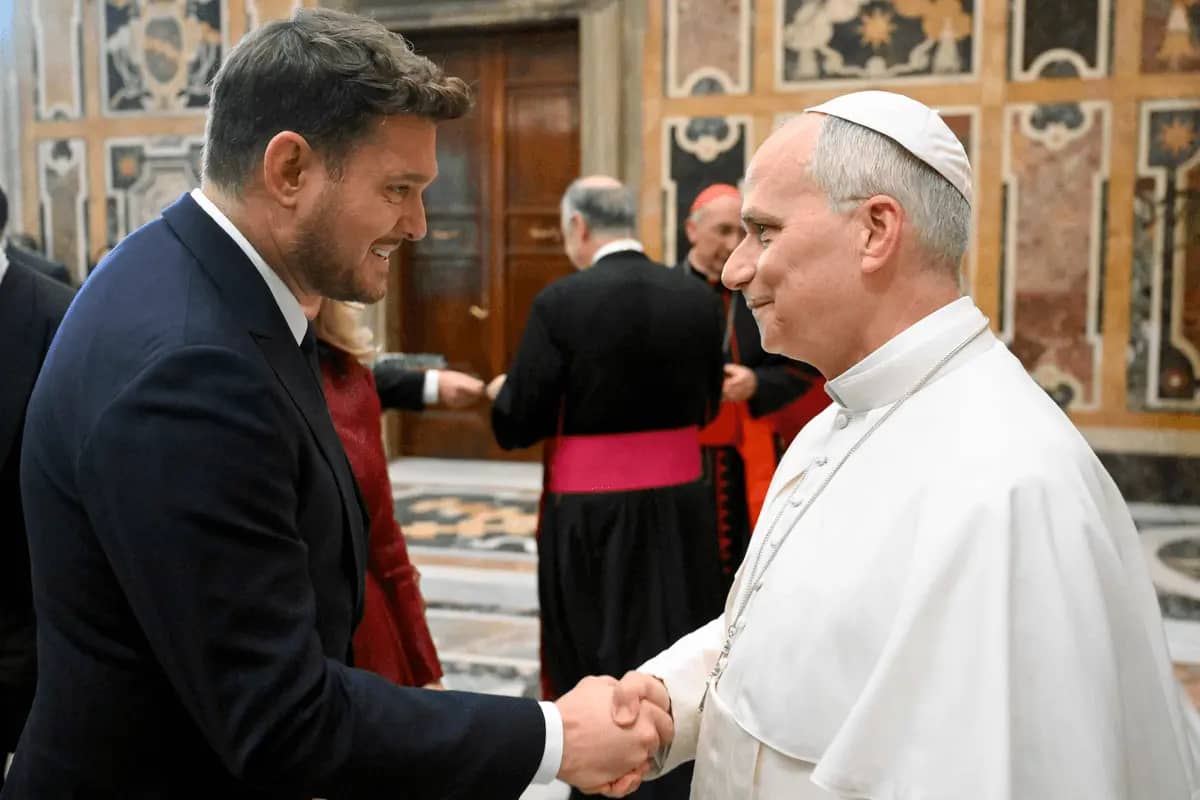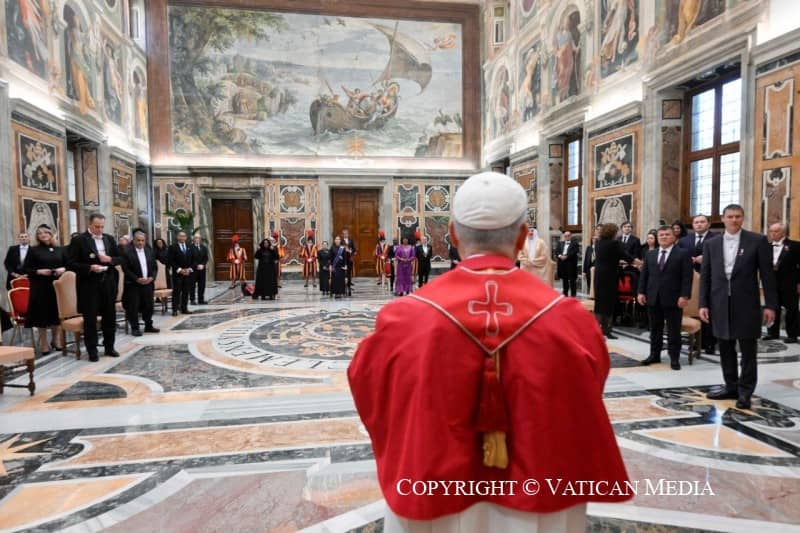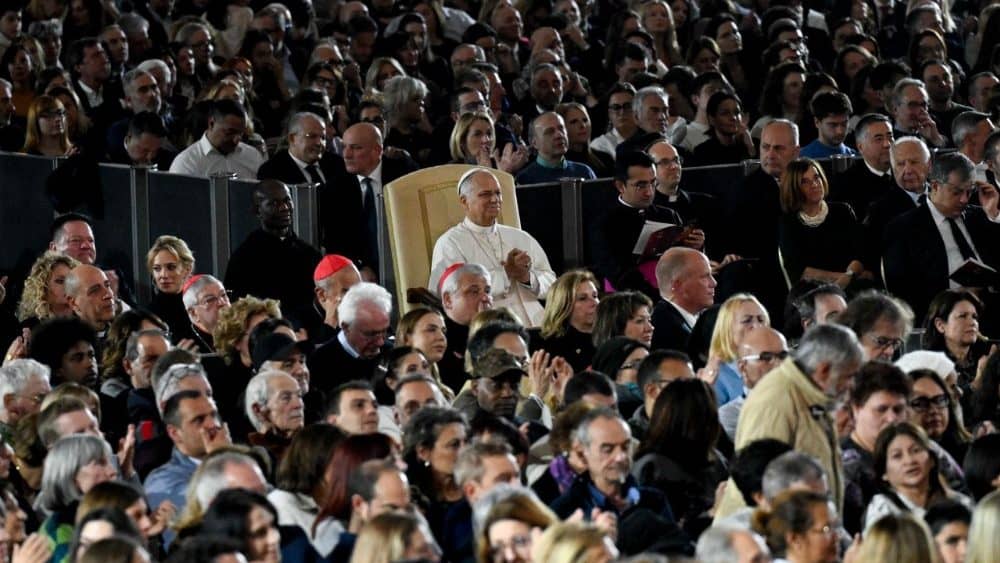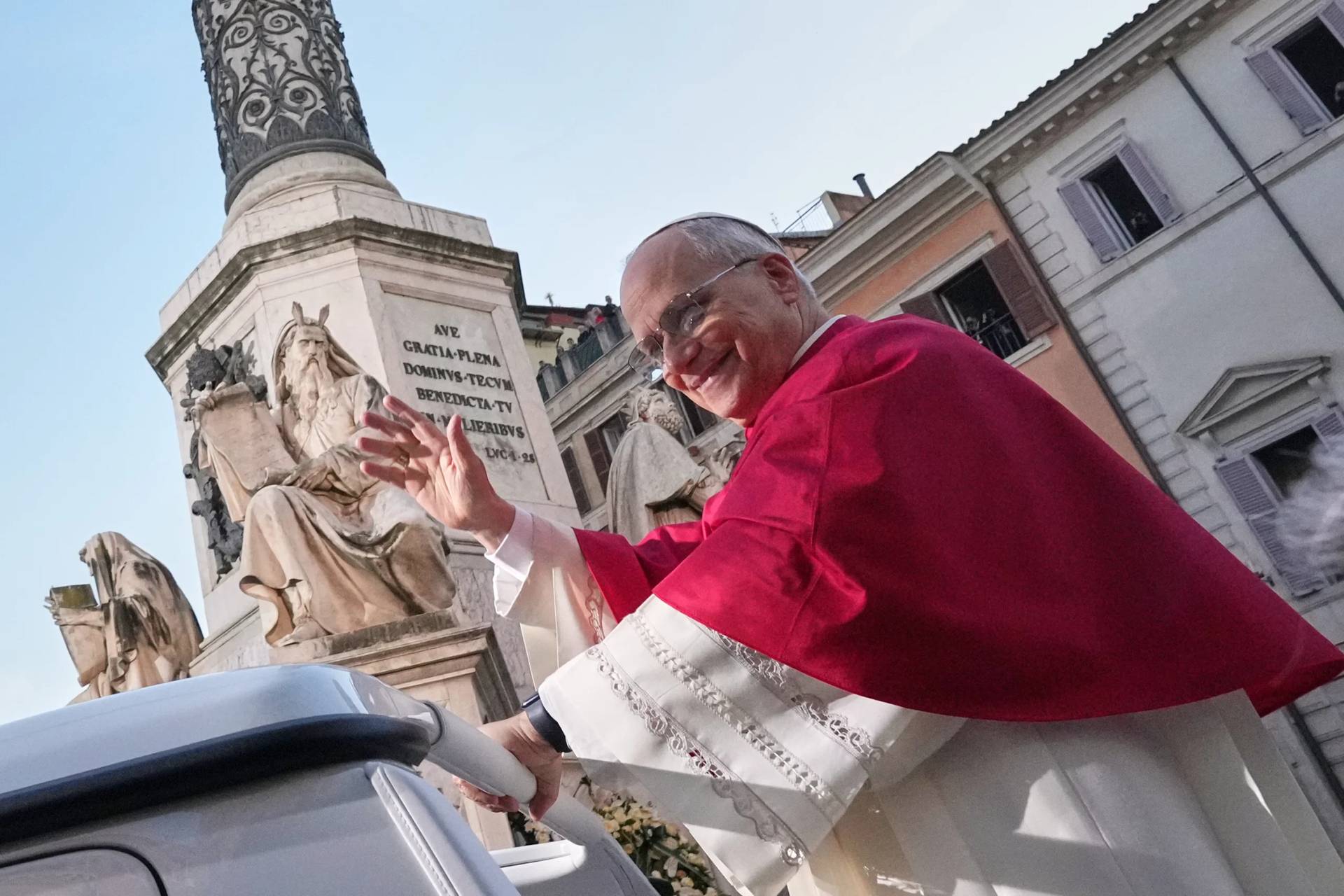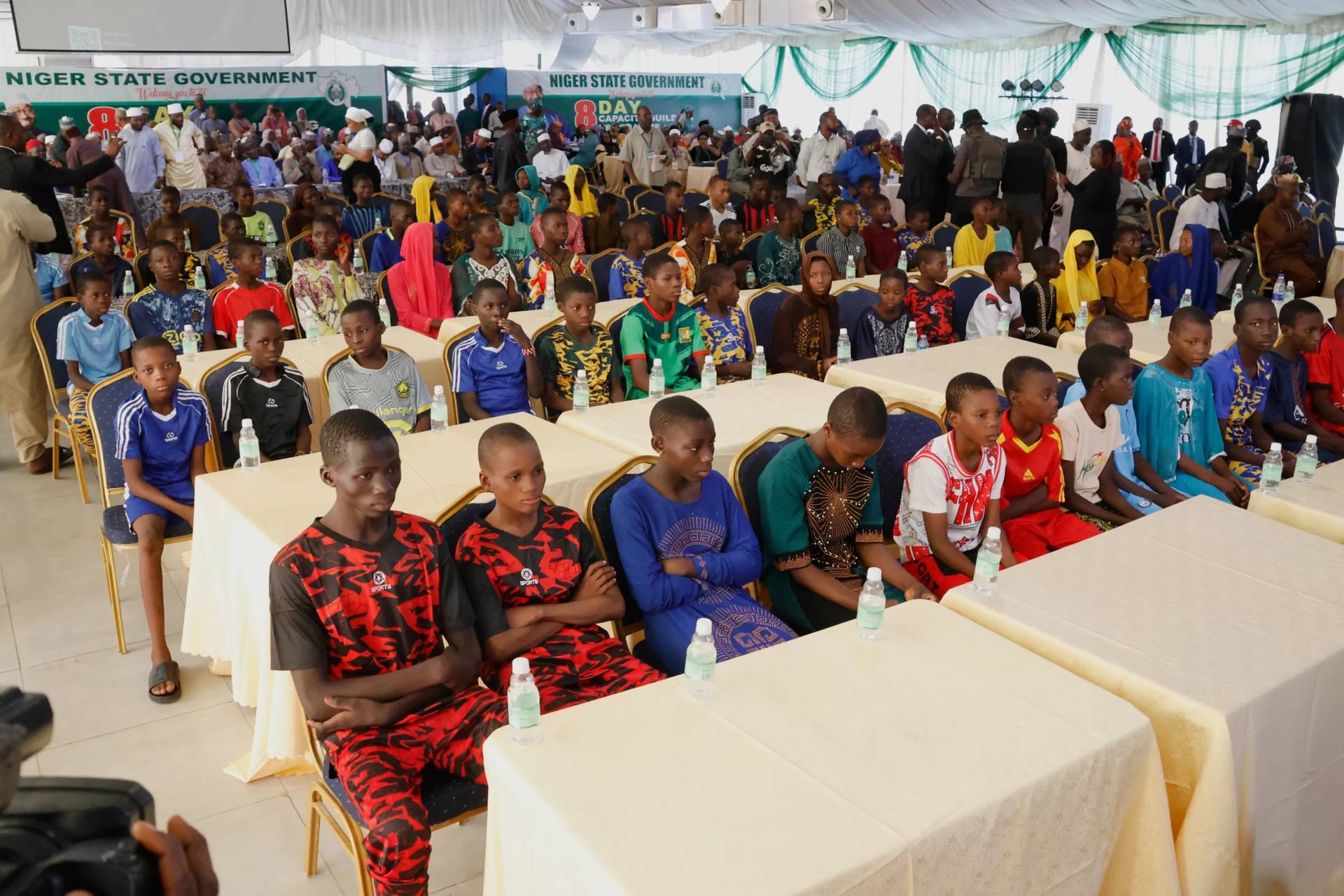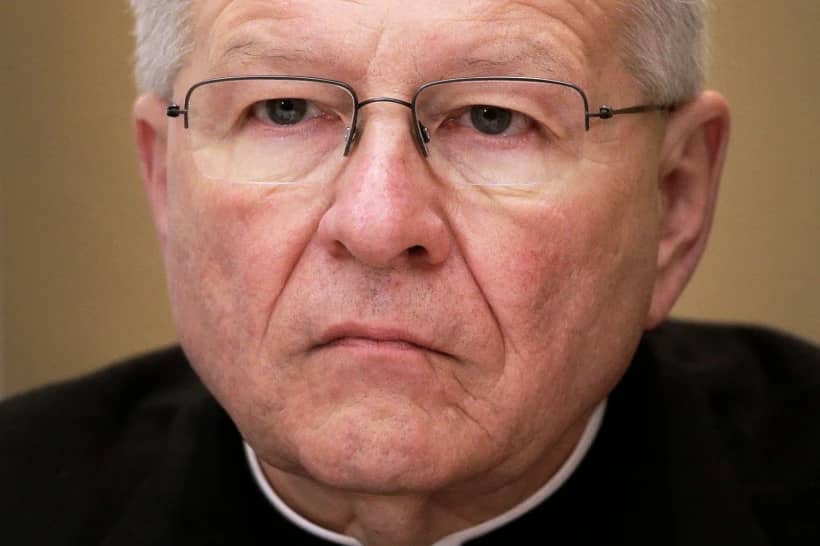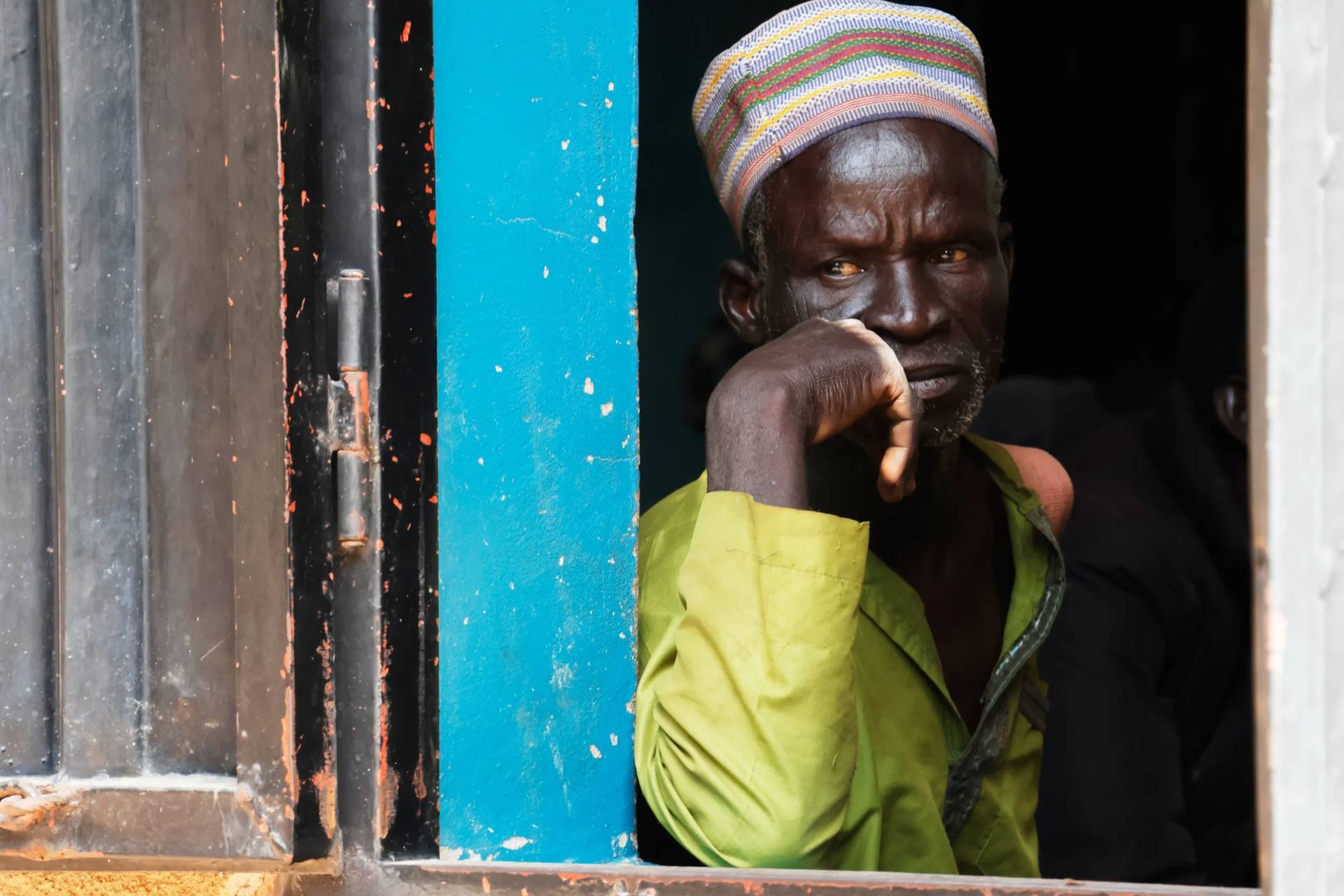As 270 Catholic bishops from around the world debate issues related to the family inside the Vatican’s Synod Hall from Oct. 4-25, activists, advocacy groups, and ordinary people with a cause to promote or a question to raise have descended on Rome to be active on the sidelines of the event, representing views across the spectrum. Crux is offering periodic snapshots of this “synod outside the synod,” profiling people and their causes.
Previously: Looking back in history in order to move the Church forward
Engaging a skeptical world on the beauty of Catholic orthodoxy
A gay Catholic activist hopes for a softer tone and a merciful attitude
ROME — Maria Madise traveled from London on behalf of Voice of the Family to urge the Synod of Bishops to remain steadfast in the face of pressure from reform-minded Catholics who want the Church to be more welcoming to gays and the divorced, and instead hold the line on traditional Catholic teaching.
But she’s not entirely sure the 270 men gathered inside the Synod Hall are up to the task.
“How is it possible that the synod authorities can be so blind,” she asked during a press briefing Oct. 15, “to the dangers to the lives and welfare of children inside and outside the Church?”
Of particular concern to her is the working document bishops are using as the basis of their discussion about family life, called the Instrumentum Laboris, which she said contains “very grave problems.”
She points to paragraph 86, for example, that she said fails to support what she believes is the exclusive right of parents to educate their children about sex. Instead, it says the family, “while maintaining its privileged spot in education, cannot be the only place for teaching sexuality,” and calls for materials from the Church to assist.
“Documents and policies have real consequences for real families,” Madise said in an e-mail exchange with Crux. “A failure to reject falsehood and ambiguity at the synod on the family is a failure to protect families and failure to teach the loving truth of Christ.”
Madise, manager of the London-based organization, said at the press briefing that parents alone must educate their children about sexuality, a fact that she said the Instrumentum Laboris watered down.
She also maintained that there is a concerted effort on the part of politicians and United Nations officials to destroy the right of parents to educate their children the way they see fit.
Voice of the Family was formed last year specifically to address concerns about the synod of bishops; it is supported by 26 “major pro-life and pro-family organizations,” according to its website. That group includes the US-based American Life League and the Canadian anti-abortion organization Life Site.
(Both groups have been critical of their respective Catholic hierarchies over concerns that they collaborate with organizations that do not fully endorse Church teaching. Bishops in both countries have rejected the criticism.)
Madise said that governments collaborate with pro-abortion rights and LGBT rights organizations to promote “anti-life and pornographic sex education programs which seem to eliminate the role of parents as primary educators and protectors of children,” and believes that bishops must publicly fight that collaboration.
“The consequences for the family are devastating whenever this witness is absent,” she said, and she believes that the Church has lost the will to speak boldly in the public square.
While Catholic families face many pressures, she said, “perhaps the gravest challenge for Catholic families today is how to bring up their children in the Catholic faith when many Catholic schools and sadly even many Catholic pastors do not seem to believe that the truths of our faith can be taught.”
Madise converted to Catholicism in her 20s, and she has many friends who also converted, “attracted by the truth enshrined in the Catholic teaching.”
“It would be heartbreaking for me and countless other converts if the synod fathers betrayed us by undermining the sacraments of matrimony and Holy Communion,” she said.
When it comes to issues that have bubbled to the surface of synod conversation — opening Communion to divorced and remarried Catholics, adopting less divisive language toward gays and lesbians — Madise says bishops should hold firm to current pastoral practice.
“It is clear that the Church’s traditional way of expressing herself is a particular target of those working to undermine Catholic doctrine at the synod,” she said. “Such a change in language will undoubtedly serve the intentions of those groups seeking to thwart the Church’s witness to the truth about human sexuality.”
So, should those living in what traditionalists have dubbed “irregular situations” be made to feel welcome in the Church?
Yes, but with a catch.
“The way we do that is by lovingly telling the truth,” she said. “To allow people to persist in behaviors that are harmful to their bodies and souls is not truly loving or welcoming as it endangers them gravely.”
If priests started giving Communion to divorced Catholics who remarried without an annulment, Madise said, it would lead to opening the sacraments to other groups of people currently banned from receiving the sacrament.
“Why not those who are cohabiting? Why not people in same-sex unions, who consider their way of living a path to holiness?” she asked. “The attack on marriage attacks the very foundation of the Church’s doctrine and the human society.”
While nearly every bishop at the synod, including Pope Francis, has said that Church teaching is not up for debate, several have said that the Church must nonetheless be open to deepening its understanding of mercy.
Chicago Archbishop Blase Cupich, for example, told reporters last week that sometimes it takes an act of mercy to trigger conversion, not the other way around.
“We can’t ignore the fact that there are lots of people out there who feel stuck, and we have to look for a way in which we’re going to reach out to them,” he said.
But Madise believes that if bishops spend too much attention on mercy at the expense of preaching truth, “repentance and forgiveness become meaningless.”
“This new idea of mercy contradicts the true understanding of mercy,” she said.
In the end, she said, “true pastoral care must always be founded on the truth. God always gives the graces necessary to remain free from mortal sin.”
